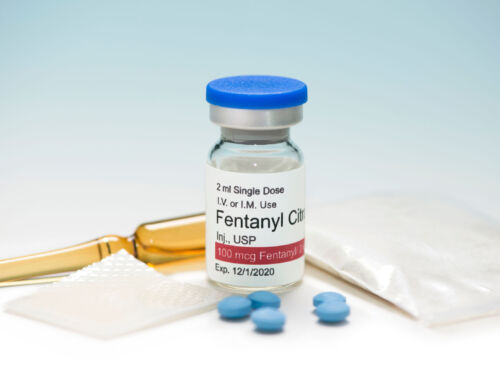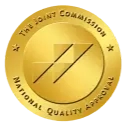
Addiction is a complex disease, so it makes sense that there are different approaches to treating it. Addiction treatment therapies can range from behavioral counseling to detox to relapse prevention, depending on your choice of drug and alcohol treatment center.
At Atlanta Detox Center, our range of addiction treatment therapies is crucial to the recovery process. If you or a loved one may benefit from an array of therapeutic options for recovery, our team of experts can help. But, what are some common therapies used in the treatment of substance use disorder?
Cognitive-Behavioral Therapy (CBT)
At the top of the list are behavioral therapies like CBT. Cognitive-behavioral therapy aims at negative and harmful thinking patterns along with unhelpful coping techniques. The goal is to teach the client how to recognize these problem thinking patterns and reevaluate them.
Often those with a substance use disorder face negative thinking that makes it difficult to stop. For example, they may feel powerless to stop using drugs. However, the reality is they can stop with the right therapy.
CBT helps keep them goal-oriented and in the present moment. As a result, they can develop ways to cope with cravings, manage stress, and avoid triggers. Cognitive-behavioral therapy is effective in both individual and group sessions.
Dialectical Behavior Therapy (DBT)
DBT is a form of cognitive-behavior therapy designed to help clients overcome self-destructive behaviors. The goal is to develop healthier ways of coping with stress and regulating emotions. DBT is also useful in both individual and group therapy sessions.
Dialectical behavior therapy can eliminate barriers to recovery and motivate change. It helps clients meet goals and enjoy lasting results from their treatment.
Family Therapy
Family is often the strongest support system for someone with a substance use disorder. Addiction, however, is a disease that can destroy relationships. Family therapy addresses issues that can affect recovery efforts like codependency. It also keeps family members engaged in the addiction treatment.
One of the most critical parts of family therapy, though, is education. Therapists use this time to teach family members necessary skills that help them support a loved one with an addiction, such as:
- How to recognize triggers
- How to distract a loved one during cravings
- Where to look for resources within the community
- How to help prevent relapse
Family therapy strengthens the support system that those in recovery rely on most.
Individual Therapy
An individual therapy program is psychotherapy. It involves only the client and the therapist. People in individual therapy address issues that may play a role in drug use, such as co-occurring disorders.
Those with a substance use disorder often have an underlying mental health problem that contributes to drug use, such as depression or bipolar disorder. Therefore, it is necessary to treat both mental health disorders and addiction at the same time. Individual therapy addresses those issues and gives that client a voice as they work towards recovery.
Group Therapy
Group therapy is a tool used throughout treatment. During a group therapy session, peers get together, usually supervised by a therapist, to work through problems.
Group therapy allows someone in treatment to understand that they are not alone. That other people experience the same challenges they do. These peers can work to support each other. They provide advice and also hold each accountable for their choices and behaviors.
Begin to Heal with Atlanta Detox Center’s Addiction Treatment Therapies
If you think you are someone you love would benefit from addiction treatment therapies learn more here and give us a call at 470-450-2355 or go online and fill out our contact form. Our staff at Atlanta Detox Center can answer any questions you might have about addiction therapies.








